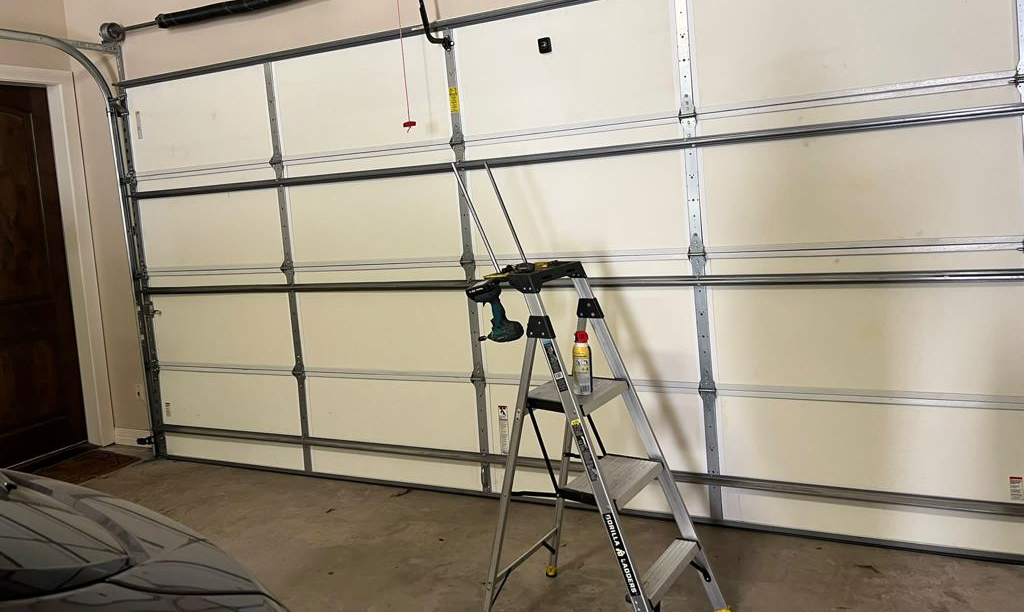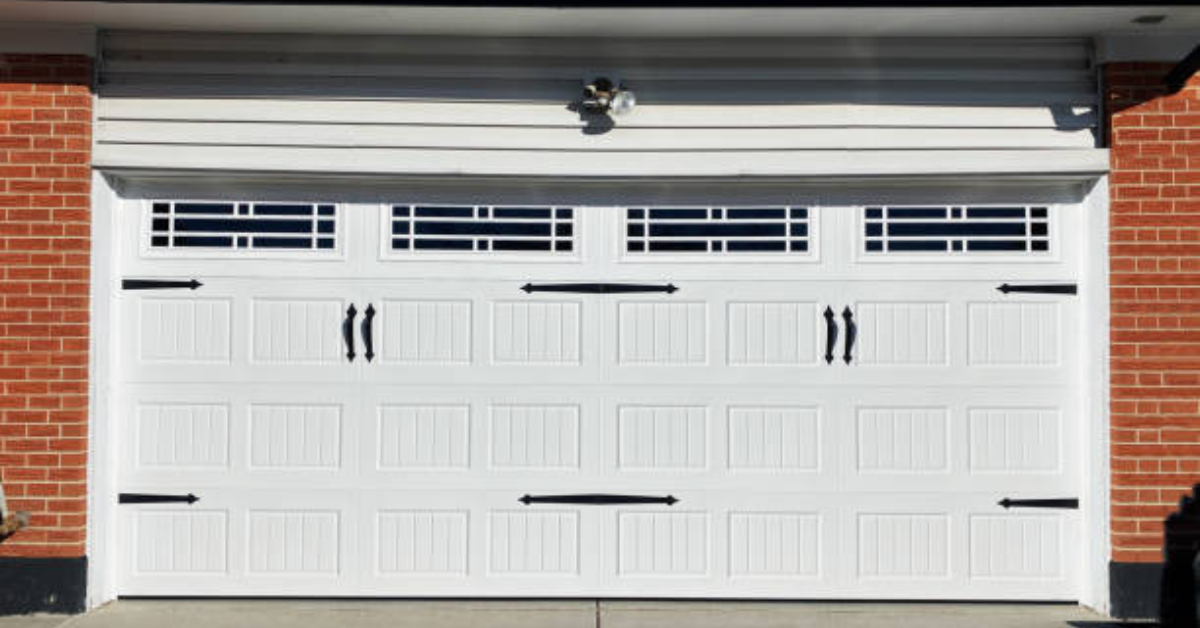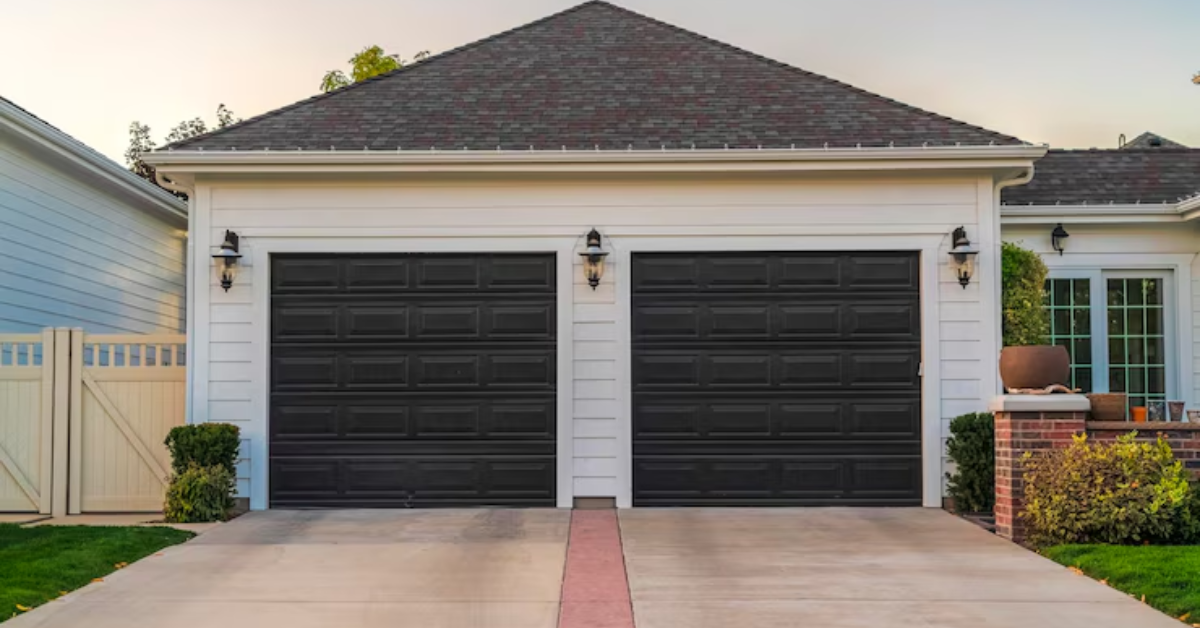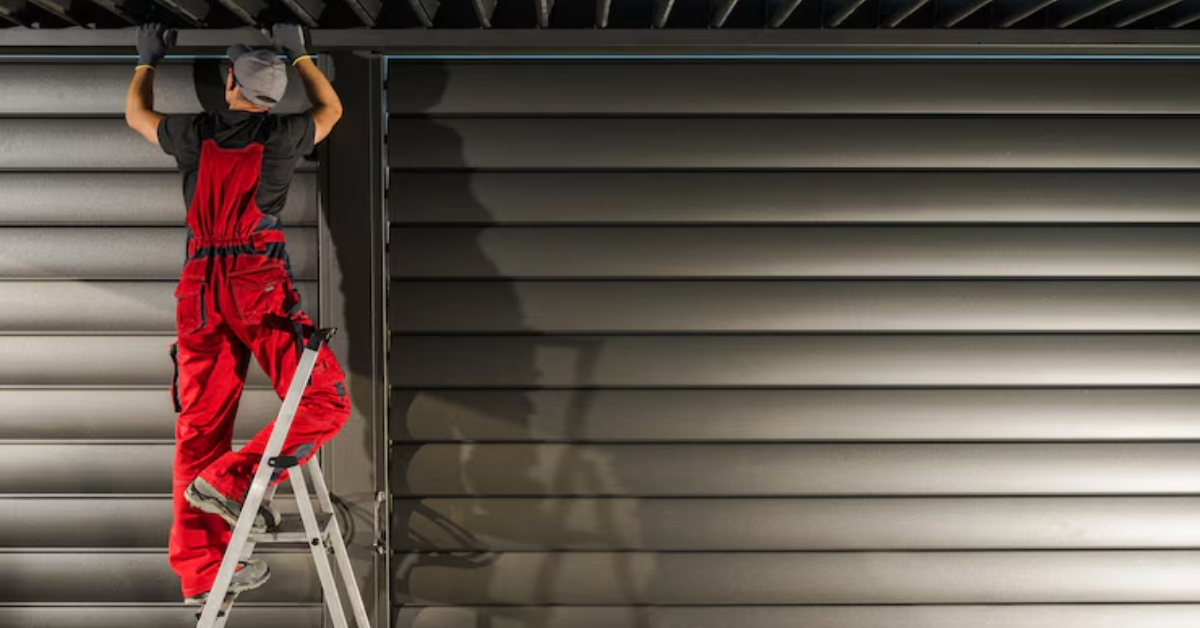How To Open Garage Door Manually Without Power
The automatic garage door is a blessing of this modern time that gives you the luxury of taking your car out for a drive and parking it inside the garage without even getting out. A sudden storm can bring a power failure, deteriorating your Saturday night with a stuck garage door. Having back up batteries can save you the trouble. If not, you need to make some moves. What to do now? Can electric garage doors be opened manually? Yes, nothing to worry much, you will just have to spare some time and effort to manually open your garage door. But in such a situation, you will want to stay away from any mistake as you may end up damaging your garage door or your vehicle. Learning the right way to open your garage door manually is necessary to ensure everything goes smoothly.
Learn how to open your garage door without power and safely close it manually with our expert cable repair services. Our skilled technicians not only address cable issues but also provide guidance on manual operation, ensuring you have the knowledge to handle any power-related challenges. Count on us for comprehensive solutions that keep your garage door functioning smoothly in any situation.
In the event of a power outage or cable issues, our cable repair services not only address the problem but also guide you on manually opening and closing your garage door. Our skilled technicians ensure a seamless process, teaching you how to reconnect and securely close the door. Trust us for comprehensive solutions that keep your garage accessible even during power outages, providing peace of mind and convenience.
Below are steps that will allow you to open the garage door manually without any problem.
After cable repair, our experts ensure a seamless process to reconnect the garage door. We prioritize the security of your door, providing meticulous service to guarantee it's properly secured and functions smoothly. Trust us for reliable cable repair services that leave your garage door in optimal condition.
Step#1 Check the door position
The first step of opening a garage door manually when the power is gone is checking if the door is in an open position. Any attempt to detach the door from the opener can be catastrophic. A garage door has a plentiful of weight and can come down bombarding. This can not only wreck the door but can also harm you. FixNGo can handle such emergencies 24 hours of the day. Give us a call at(833) 644-2822 and wait for a couple of minutes till we open the door for you. If the door is in a down position, it’s safe and easy to disengage it from the opener.
Step#2 Pull the red string on a garage door
What happens when you pull the red string on a garage door? This red rope is the emergency release cord that you need to pull down to let your car out. You can find this cord hanging from the garage door track. This cord connects the trolley and the door. The connection also joins the garage door to the opener carriage, responsible for the door’s automatic opening. Pulling the emergency release cord ends the attachment between carriage and trolley, allowing the garage door to open manually.
Step#3 Open the garage door
Now you are free to move your garage door up and down without any trouble. But wait, you can’t lift the door? Is it too heavy, that’s why or there’s some other reason? Most of the time, the reason behind the garage door not opening is a broken spring. When such a situation occurs, don’t stress your back. Wait for the professionals to handle the trouble.
Making the Situation Safe
Here are some safety tips to follow when attempting to open the door manually.
- Never pull the emergency release cord when the door is in an open position. You will regret your decision.
- With a power failure and detached door and opener, the door can come down anytime soon. Keep children and pets out of the place till you fix things up.
- Always call professional help for broken spring issues.
How to Close Garage Door Manually?
To manually close your garage door, first, locate the red emergency release cord hanging from the garage door opener. Pull the cord down and away from the door to disengage the motor. This allows you to manually lift and close the garage door. Be cautious of the door's weight, and lower it gently until it's fully closed. Once the power is restored or the issue is resolved, reconnect the door to the opener by pulling the release cord towards the door until it clicks back into place.
FixNGo provides 24hr emergency garage door repairs. Contact us anytime you find yourself in stressful situations. Give a call today at (833) 644-2822




